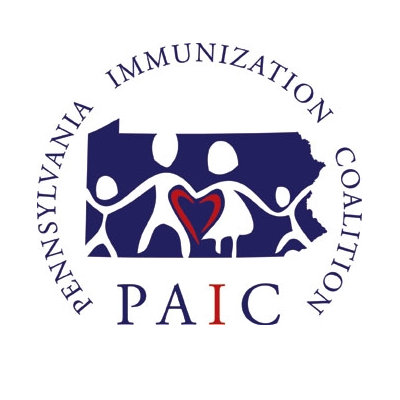Mayor de Blasio, Health Officials Declare End of Measles Outbreak in New York City
September 3, 2019
After a major emergency response and extensive collaboration with community partners, active transmission of measles associated with the 2018-2019 outbreak stops and Emergency Order is rescinded
NEW YORK—Mayor de Blasio and Health Commissioner Dr. Oxiris Barbot today announced the end to the measles public health emergency declared on April 9 for parts of Brooklyn. Measles outbreaks are typically declared over when two incubation periods for measles (the equivalent of 42 days) have passed since the last infectious day of the last persons with measles in affected areas. That time period has now passed for the people most recently infected with measles and reported to the Health Department.
“Ending the measles outbreak required extensive collaboration with community organizations and Jewish leaders. They helped encourage vaccinations and achieve record immunization levels in parts of Brooklyn,” said Mayor Bill de Blasio. “As we head back to school this week, we just remain vigilant. To keep our children and communities safe, I urge all New Yorkers to get vaccinated. It’s the best defense we have.”
“Measles is one of the most contagious diseases on the face of the earth,” said Health Commissioner Dr. Oxiris Barbot. “There may no longer be local transmission of measles in New York City, but the threat remains given other outbreaks in the U.S. and around the world. Our best defense against renewed transmission is having a well immunized city. Vaccination coverage has increased significantly since the emergency order, which has been supported by community-led efforts. We are grateful to the New Yorkers who shared the truth about vaccines and protected the health of their friends and neighbors through this outbreak.”
Deputy Commissioner for the Health Department’s Division of Disease Control Dr. Demetre Daskalakis said, “Staying up to date on vaccines is the best way for people to protect the health and safety of New Yorkers. It only takes one case to start an outbreak. We will continue to urge everyone to confirm that they are immune to measles by looking at their vaccination histories or by consulting with a healthcare provider. Get vaccinated. It is safe and effective.”
Ending this outbreak required a major public health response and extensive community collaboration. To battle the outbreak, the City spent over $6 million and dedicated more than 500 staff to the response; disseminated tens of thousands of pro-vaccination booklets; conducted multiple rounds of robocalls; sent letters and texts to local residents; published ads and distributed educational materials in English, Yiddish, and Spanish; launched an ad campaign that appeared at bus shelters, LinkNYC kiosks, and in newspapers as well as online; hosted a tele-Town Hall to counter anti-vaccination propaganda; visited doctor’s offices; and hosted and attended numerous community events, among many other activities.
These efforts were supported by innovative strategies by community members, school and child care administrators and health care providers to counter local misinformation campaigns and stop the spread of measles. These efforts collectively made the community safer and increased vaccination coverage.
Since the outbreak in October 2018, ODA has administered more than 5,000 MMR vaccinations and continues to work to educate area residents about how essential timely vaccinations are to maintaining a healthy family and community.
This was the largest measles outbreak in New York City in nearly three decades.
- Since the outbreak started in October of 2018, 654 individuals were diagnosed with measles.
- There have been 52 measles-related hospitalizations and 16 admissions to intensive care due to measles complications since the beginning of the outbreak.
- Most measles cases were diagnosed in people under 18 years of age (525 cases or 80%).
- Most measles cases were among unvaccinated (73%), incompletely vaccinated (7%) or individuals or persons who did not know their vaccination status (15%).
- While there were cases of measles in all five boroughs, the majority of cases (72%) occurred in the Williamsburg neighborhood (ZIP codes 11205, 11206, 11211, 11249).
In Williamsburg and Borough Park there have been 15,541 doses of the measles-mumps-rubella vaccine administered since the 4/9 Emergency Order, which represents a near 41% increase compared to the same time period last year.
While no new cases have been reported since mid-July, the Health Department will continue monitoring and may add cases retrospectively as they are identified. Those cases will be attributed to the month in which rash onset has occurred. Therefore, the total case count may increase even after the outbreak is declared over. In addition, New York City may see future measles cases not associated with this outbreak.
Read the full article here.
